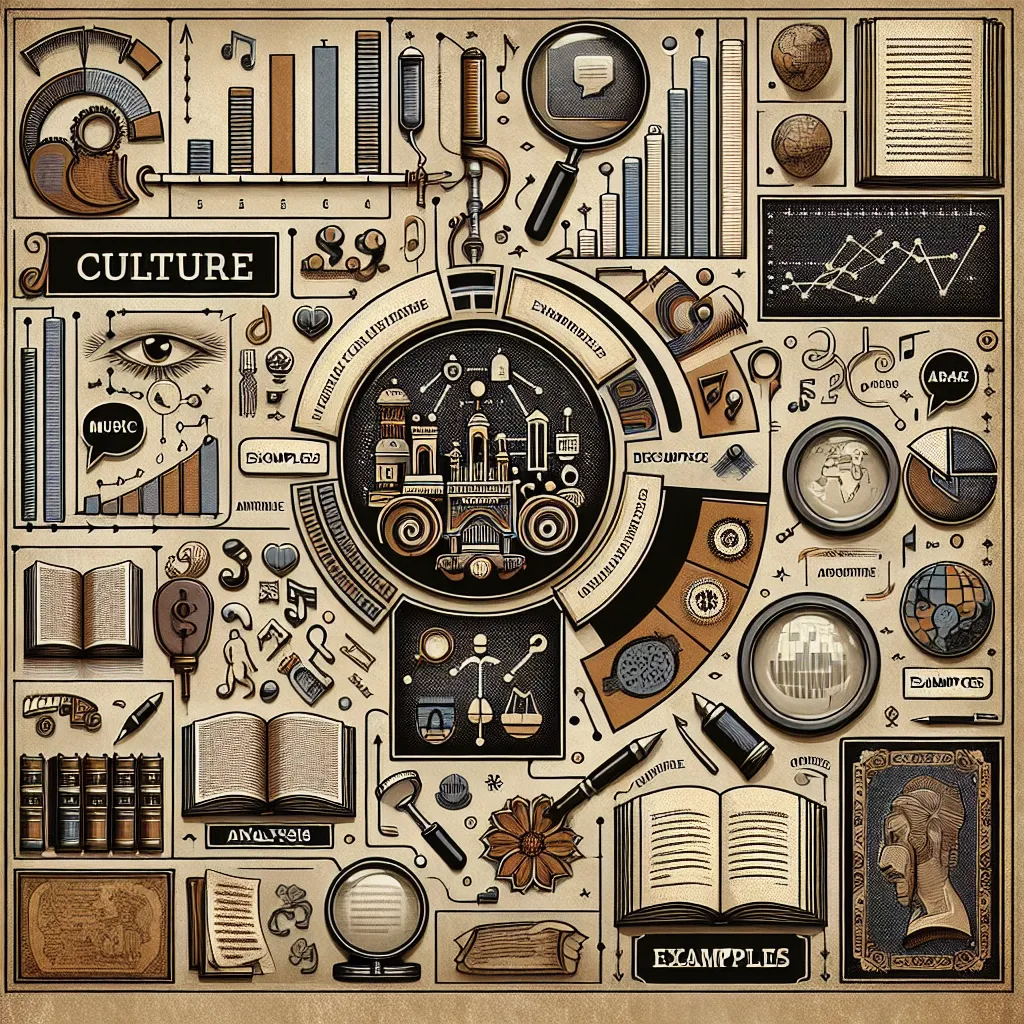Ask AI on The Internet
Question: Explain some lessons in media and globalization and how it affect each other in the course contemporary world
1. Global Reach of Mass Media: The emergence of mass media outlets and communication technologies, such as social media platforms, online news, and television, have led to globalizing effects. These technologies enable rapid and widespread dissemination of information across national and cultural boundaries, affecting people’s perspectives and worldviews. 2. Role of Media in Promoting Cultural Homogeneity: Media is pivotal in shaping people's view of the world, often promoting cultural homogenization. As dominant cultures propagate their norms and values through global media outlets, they sometimes overshadow local cultures which can lead to cultural homogenization. This is a key point in understanding the impact of western media in promoting a certain lifestyle and culture globally. 3. Media and Cultural Hybridity: On the contrary to promoting cultural homogeneity, media can also encourage cultural hybridity. In this case, consumers interact with global media and mix it with their local cultures, producing a new, hybrid culture. For instance, K-pop is a good example of cultural hybridity, incorporating Western pop music styles with a distinctly Korean flavor. 4. Media Dependency and Digital Divide: The dependency of developing societies on developed countries for media might lead to transfer of dominant ideologies, shaping their culture and politics. Additionally, the digital divide, the gap between those with and without access to digital technology, can exacerbate inequality in the global society. 5. Role in Transnational Advocacy Networks: Media plays a key role in mobilizing public opinion and shaping political agendas. Its global reach can steer world attention towards critical issues like climate change, human rights, etc. Groups or movements can utilize international media to gain support for their cause, pressurizing governments and institutions towards policymaking and action. 6. Media ownership and control: A few giant transnational corporations dominating global media can lead to the projection of a particular viewpoint or bias, affecting the diversity and plurality of content. This has implications for globalization, where concentration of power can affect the flow of information and representations of countries and cultures. Understanding these lessons is pivotal for understanding the dynamic relationship between media and globalization. It can shape reflections on the consequences of this liaison on cultural diversity, political discourse, global inequalities, etc.
A new large language model has been made available since this question was asked.
To generate an updated answer from the new model, click the button below.
Think your answer is better than the AI's? Post it below.
Other Most Relevant Posts:
 Ask AI: What did you learn in this course, contemporary world? Discuss three biggest ideas from the course. Make it brief.
Ask AI: What did you learn in this course, contemporary world? Discuss three biggest ideas from the course. Make it brief.
 a. The Transformational Role of Technology in Teaching and Learning: Enhancing Quality, Innovation, and Interaction
b. Embracing the Impact of Technology in Education: Fostering Global Perspectives,
a. The Transformational Role of Technology in Teaching and Learning: Enhancing Quality, Innovation, and Interaction
b. Embracing the Impact of Technology in Education: Fostering Global Perspectives,
Question Tags
If you want your question answered by an AI, click here.





Post your own comment: